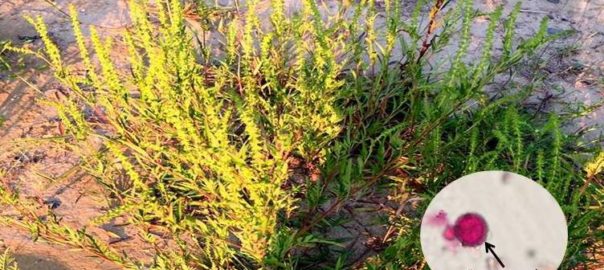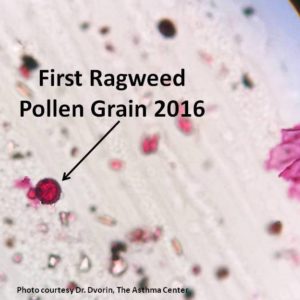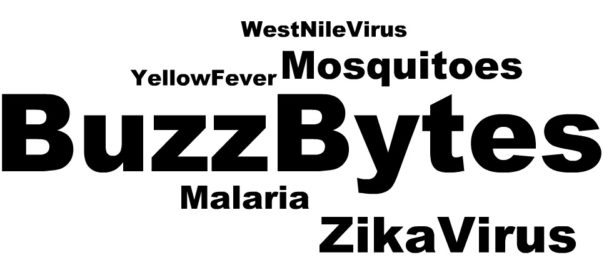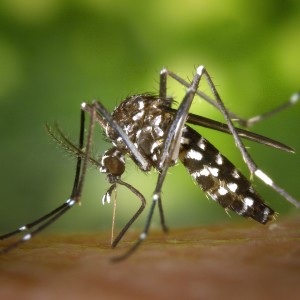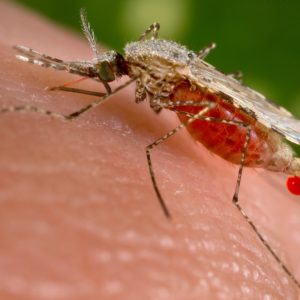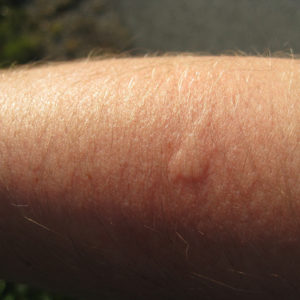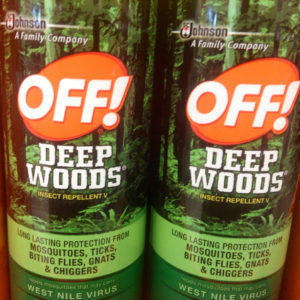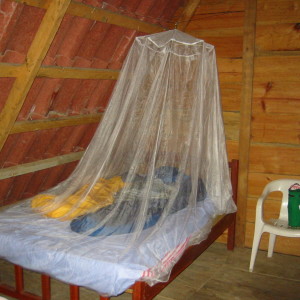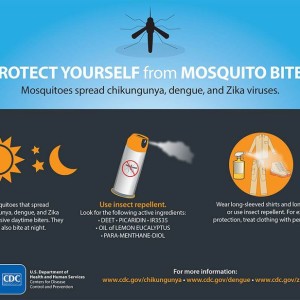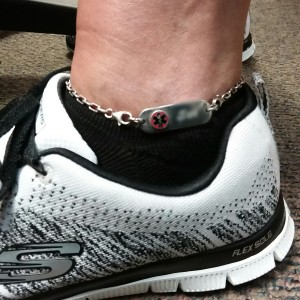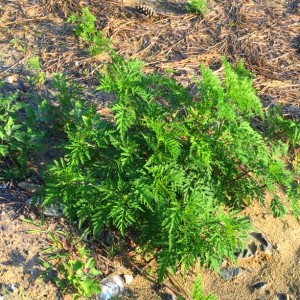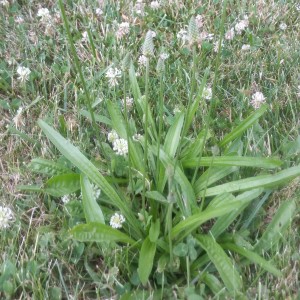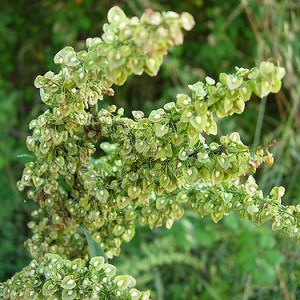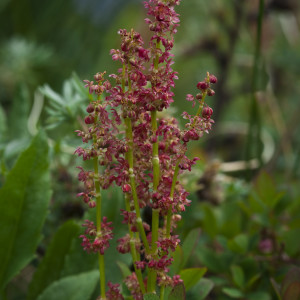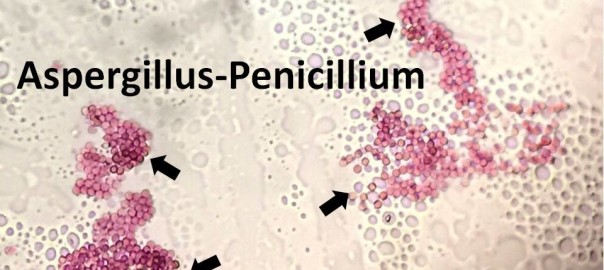For interviews and tours of the Delaware Valley’s only certified pollen and mold spore stations for the National Allergy Bureau (NAB) with stations, please email gwoodlyn@asthmacenter.com
The health information contained in this article is meant for basic informational purposes only. It is not intended to serve as medical advice, substitute for a doctor’s appointment or to be used for diagnosing or treating a disease.
New Study
A new study published in the New England Journal of Medicine looked at the risk of asthma and allergies in two different agricultural communities in the United States: 1) the Amish who use traditional farming technology and 2) the Hutterite who use industrialized farming technology.

The Amish community are known to have fewer allergies & asthma than the Hutterite community with the latter group having rates comparable to rates seen in the general U.S. population.
Although these two communities are similar in genetic ancestry and lifestyle, the study results showed the incidence of asthma and allergies in Amish children was 4 – 6 times lower than in the Hutterite children. Associated with this finding were higher levels of endotoxin in the dust samples from Amish homes as well as results of blood samples and experiments in mice that have shown lower rates of allergic sensitization. Endotoxin is a substance found in the outer membrane of certain bacteria that can provoke strong immune responses.
This study suggests that the Amish homestead and traditional farming methods may provide “protection” due to increased bacteria exposure children experience when reared in a farm-based environment with close proximity to farm animals and their barns. This consequently may lead to advantages in their native immune system that leads to “protection” against developing allergies and asthma. Even though this new study was with a small number of children, the results showed significant differences in the prevalence of asthma, the immune profiles of the two communities, and a significant role in the differences in rates of allergic sensitization.
Putting farm animals near or in people’s homes is an impractical protective measure. However, this study provides valuable insight and perhaps increasing exposure to helpful bacteria such as using an aerosolized “dust spray” for home environments may become a future option for preventing allergies and asthma.
Make an appointment to see an allergist – Why Choose Us?
The best way to fight your allergies & asthma is to visit a board certified allergist, learn what your allergies are, create a treatment plan, and adjust as needed. No two allergy & asthma sufferers are alike, so don’t rely on over the counter medications when you could be targeting your symptoms with the help of our allergy experts! At The Asthma Center, our goal is to personalize your treatment to help you find relief. One way we accomplish this is by identifying your allergies and specific levels of allergic sensitivity through allergy skin testing to help you plan your treatment. By following the local pollen counts, we are able to customize allergy regimens that prevent symptoms caused by taking too little, or too much allergy medication.
Did You Know – Pollen & Mold Spore Counts Direct to Your Inbox!
The Asthma Center’s daily Pollen and Mold Spore Count, the Delaware Valley’s only Official count station which is certified by the National Allergy Bureau are now available via email. Subscribe to receive our daily counts by email or check out some of our other blog posts to learn more about what is in the air, how it can affect you, and what you can do about it.





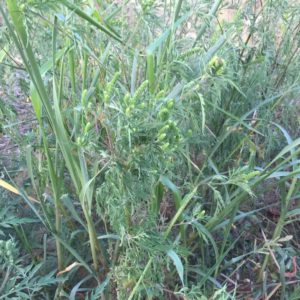

 Physical activity is especially important for children with asthma. Summer sports may be winding down, but school is just around the corner.
Physical activity is especially important for children with asthma. Summer sports may be winding down, but school is just around the corner. 